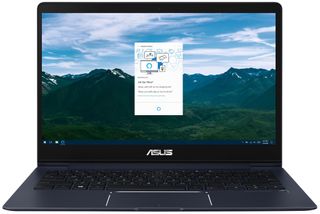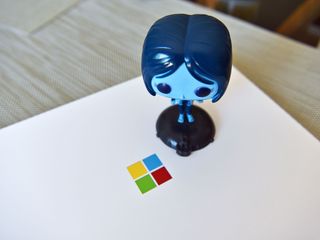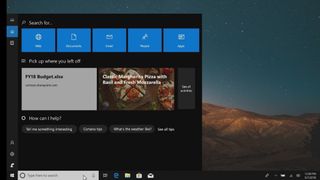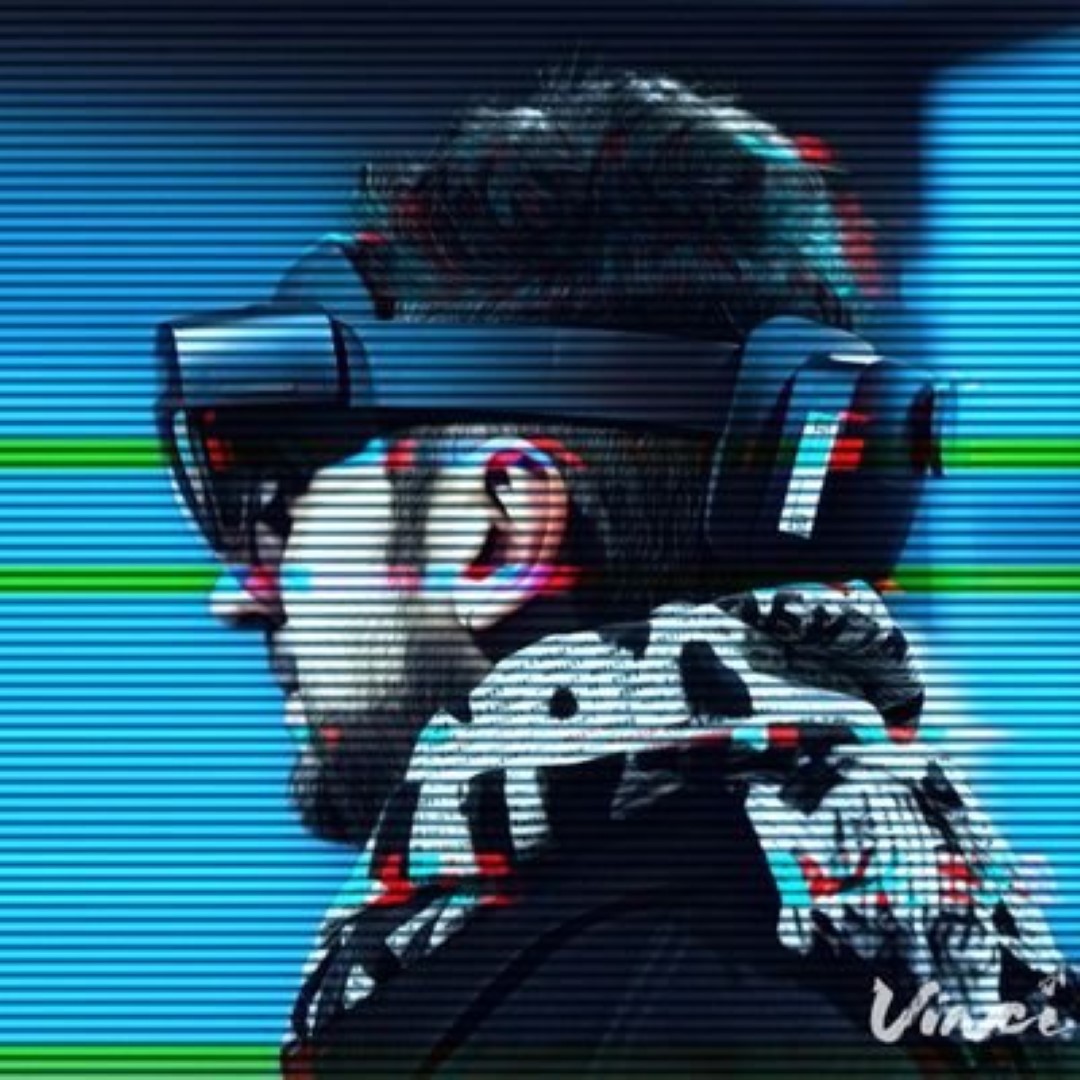Why 'PC exclusives' like Amazon's Alexa app for Windows are bad for consumers
Amazon Alexa is coming to PCs. Kind of. Here is why PC exclusives are a bad strategy.

Recently, Acer was the first to boast about bringing Amazon Alexa to Windows 10 PCs. Other companies, like Lenovo and HP, are also on board, with some Alexa placeholders found on the new Lenovo laptops.
Some have seen this as an opportunity to knock down Microsoft's Cortana – which is undergoing a shift to be a more work- and productivity-focused assistant.
Having a choice on PC has always been one of the hallmarks of the platform, so everyone should be excited about this expansion by Amazon. But the route Amazon and its partners are taking is just awful, and they should be called out on it.
I'm talking about "exclusives."
Alexa is here, Cortana is doomed?

Fans of Microsoft and Cortana have a right to be salty. The virtual assistant had an auspicious start with Windows Phone a few years back, and it seemed like Microsoft could be a leader in this category. But with the demise of Windows Phone and the sheer brute-force will of Google (and eventually Amazon), Microsoft's Cortana quickly fell behind in features and, just as important, regional availability – something that has still not yet been addressed.
That makes the arrival of Amazon Alexa on Windows 10 particularly impactful. It could also be damaging to Windows users who will default to Alexa instead of Cortana. At least in theory. Too bad you must buy a new PC to experience it and even then, the PC available are not the best-of-the-bunch (sorry, Acer).
Don't celebrate PC exclusives

Considering the hatred Cortana has garnered, it is a bit ironic that everyone is glossing over the fact that Amazon Alexa is not widely available for download through Amazon or the Microsoft Store.
Get the Windows Central Newsletter
All the latest news, reviews, and guides for Windows and Xbox diehards.
Acer announced this week that its new Spin 3, Spin 5, Nitro 5 Spin, and some of its all-in-ones (AIO) will get Alexa "over the coming weeks." That means to experience Alexa you need to buy a new laptop.
Similarly, HP is putting Alexa in its Pavilion Wave desktop and Envy AIO with a 34-inch curved display. Lenovo has a "coming soon" on its latest premium business laptops, the ThinkPad X1 Carbon and ThinkPad X1 Yoga.
Dell and Razer have not announced any plans for Alexa, and ASUS has a vaguely worded press release about its forthcoming ZenBooks and VivoBooks.
Not surprisingly, Microsoft has not revealed plans to bring Alexa to its Surface line.
This is not a full-frontal assault on Cortana on the PC. It's a weak-handed, slow rollout meant to get you to buy a new PC in what is essentially a flat-market. Even the selection of PCs with Alexa coming is rather uninspiring.
There are two reasons why Amazon Alexa is only on "selected devices," neither of which is satisfactory:
- Amazon Alexa is so complicated that it needs more profound, more sophisticated driver support that's not standard in Windows 10, requiring OEM intervention to make it work.
- PC partners and Amazon are purposefully limiting its rollout instead of releasing the Alexa app to the Microsoft Store (or just on Amazon's site as a download).
The first excuse is unlikely. Maybe Alexa does something so crazy on Windows 10 PC that manufacturers need to craft up different BIOS firmware or drivers to make it work. If that's the case, that is a terrible way to roll out a new product if the desire is to hit critical mass. Plus, Amazon has done exactly zero to demonstrate this amazing feat.
The other is plausible. But do PC partners expect people to buy a new PC just for Amazon Alexa? The idea that suddenly someone is going to buy an HP Pavilion – a specific Pavilion at that – so that they can play some music on their PC, or ask how deep the Grand Canyon is, seems dumb.
And what does Amazon Alexa on PC even do? Assuming it's no more than the app for Android, it can play music, tell you the weather, give news updates, and run some triggers for your very niche smart home setup. Meh.
As someone who owns an Amazon Echo, I tend to mostly use the actual speaker hardware to use Alexa, not its app, for the same reason as many: it doesn't integrate with my Android devices. It's a visual front-end at most.
You deserve more
I'm all for Amazon Alexa being on Windows 10 PC. I want it so bad I don't want feeble hardware "exclusives."
If Amazon Alexa aims to be the end-all assistants on Windows PC, it needs to demonstrate that. Considering there are 700 million Windows 10 PCs, that shouldn't be too challenging. Amazon could, you know, release it to everyone who wants it.
Microsoft's Cortana is trying to forge its path as an assistant weaved through the OS and not necessarily compete in the same space as Amazon Alexa or Google Home. That's probably a smart choice, but we also must see something useful that Amazon Alexa can do on PC. So far, Amazon has failed to establish that.
As far as we know, there's no OS integration, and it doesn't work with any other apps, it doesn't control the PC in any way, it's just a visual helper-app for your Alexa home speaker.
The Amazon Alexa app has the ten-million download badge in the Google Play store. But that's also the same (or similar) number as Microsoft Launcher for Android. And both pale in comparison to the one-billion marker for Microsoft Skype on Android.
Whether you prefer Alexa to Cortana, both assistants need to be more than they are now. The fact is, they're both weak competitors trying to stay alive against Google Home.

Daniel Rubino is the Editor-in-chief of Windows Central. He is also the head reviewer, podcast co-host, and analyst. He has been covering Microsoft since 2007, when this site was called WMExperts (and later Windows Phone Central). His interests include Windows, laptops, next-gen computing, and watches. He has been reviewing laptops since 2015 and is particularly fond of 2-in-1 convertibles, ARM processors, new form factors, and thin-and-light PCs. Before all this tech stuff, he worked on a Ph.D. in linguistics, watched people sleep (for medical purposes!), and ran the projectors at movie theaters because it was fun.
